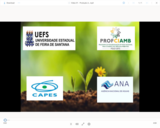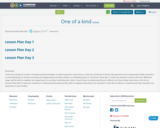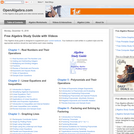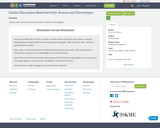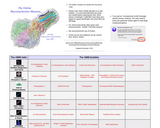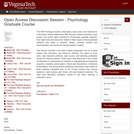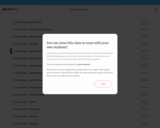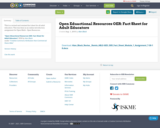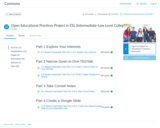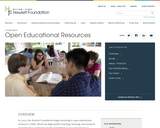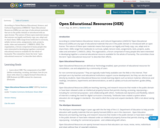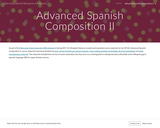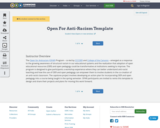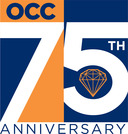The Online Macromolecular Museum (OMM) is a site for the display and study of macromolecules. Macromolecular structures, as discovered by crystallographic or NMR methods, are scientific objects in much the same sense as fossil bones or dried specimens: they can be archived, studied, and displayed in aesthetically pleasing, educational exhibits. Hence, a museum seems an appropriate designation for the collection of displays that we are assembling. The OMM's exhibits are interactive tutorials on individual molecules in which hypertextual explanations of important biochemical features are linked to illustrative renderings of the molecule at hand.
Why devote a site to detailed visualizations of different macromolecules? In learning about the intricacies of life processes at the molecular level, it is important to understand how natural selection has fashioned the structure and chemistry of macromolecular machines to suit them for particular functions. This understanding is greatly facilitated by the visualization of 3-dimensional structure, when known. So, if static views of molecules (even in stereo) are worth a thousand words, then interactive animations of molecules should be worth much more. Indeed, we have found the types of displays represented here invaluable in gaining an appreciation for the details of key biochemical processes.
As Carl Brandon and John Tooze stated in their classic text, Introduction to Protein Structure:
"Molecular biology began some 40 years ago with the realization that structure was crucial for a proper understanding of function. Paradoxically, the dazzling achievements of molecular genetics and biochemistry led to the eclipse of structural studies. We believe the wheel has now come full circle, and those very achievements have increased the need for structural analysis at the same time that they have provided the means for it."
It is our opinion that structural analysis should extend into the classroom: as students learn about cellular mechanisms it is important that they study the chemistry of the molecular machines involved. These considerations have motivated the construction of the OMM.
The OMM is part of a collaborative effort by faculty and students interested in macromolecular structure-function relationships. The primary authors of some tutorials are students of David Marcey and he serves as author, co-author and site editor, and assumes all responsibility for content. Any criticisms, suggestions, comments, or questions should be sent to him at: marcey@callutheran.edu. All tutorials are copyrighted.
The OMM was started in 1996 for a Molecular Biology class at Kenyon College, where DM was a professor in the Biology Department (1990-1999). The OMM is now developed and housed at California Lutheran University, where DM has been a professor since 1999.

